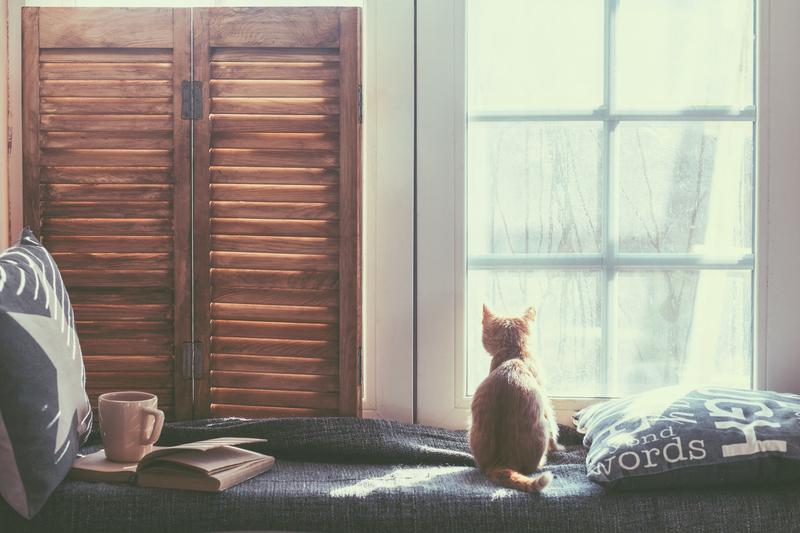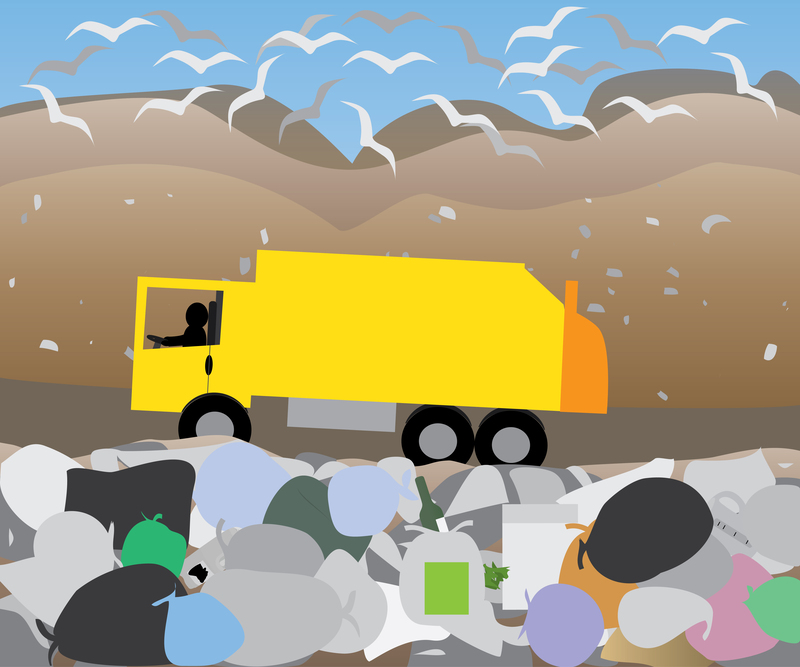Master the Art of Home Recycling with These Essential Tips
Recycling at home is more than a trend--it's a necessity for a sustainable future. By transforming household waste into reusable materials, you can significantly reduce your environmental impact, save money, and contribute to a cleaner planet. In this comprehensive guide, you'll discover everything you need to master the art of home recycling and make eco-friendly living a part of your daily routine.
Why Home Recycling Matters: The Bigger Picture
Every year, millions of tons of waste end up in landfills, polluting our soil, water, and air. Home recycling directly addresses this issue by diverting valuable materials from garbage dumps and reintroducing them to manufacturing cycles. Embracing home recycling techniques benefits not only your household but also your community and the entire planet.
- Reduces landfill waste and pollution
- Conserves natural resources such as minerals, water, and timber
- Saves energy compared to producing new products from raw materials
- Supports the economy by creating recycling industry jobs
- Promotes responsible consumption and sustainable lifestyles

Setting Up an Effective Home Recycling System
One of the first steps to mastering home recycling is organizing your recycling station. A well-structured setup makes sorting waste convenient and increases the chances of recycling success.
Choose the Right Containers
- Pick durable bins or boxes for different types of recyclable materials (plastic, paper, metal, glass).
- Color-code or label each bin to minimize confusion for all household members.
- Ensure bins are appropriately sized for your family's needs and placed in accessible areas such as the kitchen, garage, or mudroom.
Understand Local Recycling Rules
Recycling guidelines differ from city to city. Visit your local municipality's website or call your waste management provider to learn about accepted items, preparation requirements, and pick-up schedules. Some communities have curbside collection, while others require you to drop off recyclables at designated centers.
What Can You Recycle at Home?
Knowing what is eligible for recycling is crucial. Incorrectly sorted waste can contaminate entire batches and hinder recycling efforts. Below are common household materials you can typically recycle:
- Paper: Newspapers, magazines, office paper, cardboard, junk mail
- Plastic: Bottles, containers labeled #1 and #2, some bags (if accepted locally)
- Glass: Beverage bottles, food jars (ensure they're clean!)
- Metal: Aluminum cans, tin cans, clean foil
Always check for symbols (such as the triangle recycling logo with numbers) and guidelines provided by your collector. Items like pizza boxes with grease, light bulbs, and some plastics may not be recyclable in all locations.
Surprising In-home Items You Might Not Know Are Recyclable
- Old batteries (drop-off at special collection points)
- Electronics (e-waste programs accept cell phones, computers, etc.)
- Textiles and clothing (donation or textile recycling bins)
- Wine corks (some specialty recycling programs)
How to Prepare and Sort Household Recyclables
To maximize your home recycling efforts, proper preparation is essential:
- Rinse containers: Remove food and liquid residue to prevent odors and pests.
- Remove caps and lids: Unless stated otherwise, separate these from bottles and jars.
- Flatten cardboard: This saves space in your recycle bin and at the sorting plant.
- Bundle papers: Tie newspapers and magazines with string for easier processing.
Remember, contamination is a major issue. Dirty recyclables or mixing non-recyclables can cause your entire bin to go to landfill instead.
Simplify Home Recycling with Family Involvement
Creating a sustainable household is easier when everyone pitches in. Here's how you can get the whole family involved in home recycling:
- Educate children early--talk about how recycling helps the Earth and turn sorting into a fun activity.
- Assign roles--give each family member a recycling task, such as rinsing bottles or taking out bins.
- Incorporate games or rewards for consistent recycling efforts.
By making home recycling a habit, you help your kids develop lifelong eco-friendly values.
The Dos and Don'ts of Home Recycling
Recycling Dos
- Do learn and follow local recycling guidelines for the most accurate sorting.
- Do clean, dry, and sort your recyclables before binning.
- Do reduce and reuse before recycling wherever possible.
- Do upcycle items that can't be recycled in traditional programs (think crafts, storage, or DIY projects).
Recycling Don'ts
- Don't bag your recyclables--loose items sort better, unless specifically required.
- Don't recycle dirty or greasy containers, such as food-soiled pizza boxes.
- Don't try to recycle hazardous waste like chemicals or pressurized canisters at home--use designated collection programs.
- Don't put non-recyclables like plastic bags, Styrofoam, and ceramics in your curbside bin (unless your area accepts them).
Advanced Home Recycling Tips for Eco-Conscious Households
Level up your household recycling strategies with these expert tips:
1. Start Composting
- Food scraps and yard waste make up a large proportion of household garbage. Composting these helps create rich soil and reduces landfill burden.
- Set up a backyard composter or a countertop bin for easy access.
2. Recycle On-The-Go
- Carry a small reusable bag or container with you for recycling when you're out and about.
- Collect recyclables at work, school, or community events to support larger recycling efforts.
3. Audit Your Waste
- Conduct a household waste audit to identify what types of garbage you produce most and find ways to minimize or recycle it.
- Tracking your trash can motivate change and highlight new opportunities for improvement.
4. Choose Sustainable Products
- Support brands with recyclable packaging and eco-friendly practices.
- Buy in bulk, avoid single-use plastics, or try refill stations where available.
5. Partner with Community Recycling Initiatives
- Join or start a local recycling drive or clean-up event.
- Share tips, resources, and encouragement with neighbors and friends.
Common Misconceptions About Home Recycling
- "All plastics are recyclable." Not true. Only certain types (often #1 and #2) are widely accepted. Always check local guidelines.
- "You don't have to rinse recyclables." Food residue can ruin batches. Cleanliness really counts!
- "Window glass and ceramics go in the recycling bin." These require special treatment and shouldn't enter standard glass collection streams.
Creative Ways to Upcycle at Home
Sometimes, the best type of recycling is upcycling--finding new uses for items before tossing them out.
- Transform glass jars into storage containers for the pantry or craft room.
- Repurpose cardboard boxes as organizers, drawer dividers, or shipping material.
- Use old clothing as cleaning rags or patchwork projects.
- Create planters from used food tins (be sure to smooth sharp edges first!).
Upcycling isn't just eco-friendly; it can also spark your creativity and save money!

Measuring Your Impact: Why Home Recycling Counts
Every can, bottle, and newspaper you recycle makes a difference. According to the EPA, recycling just one ton of paper can save 17 trees and thousands of gallons of water. Mastering the art of home recycling is one of the most impactful changes you can make for the environment, both today and for future generations.
- You save natural resources and energy each time you recycle.
- You reduce pollution and greenhouse gas emissions.
- You inspire others--friends, neighbors, and your community--to follow your lead.
Conclusion: Make Every Day Recycling Day
Mastering the art of home recycling is a journey of small, thoughtful actions that collectively have a big impact. By setting up a smart system, learning what you can recycle, preparing your materials correctly, and involving your family, you'll be well on your way to becoming a recycling champion. Remember, every step you take toward zero waste helps protect the planet for generations to come.
Start today, and turn your home into a model of eco-conscious living. Happy recycling!